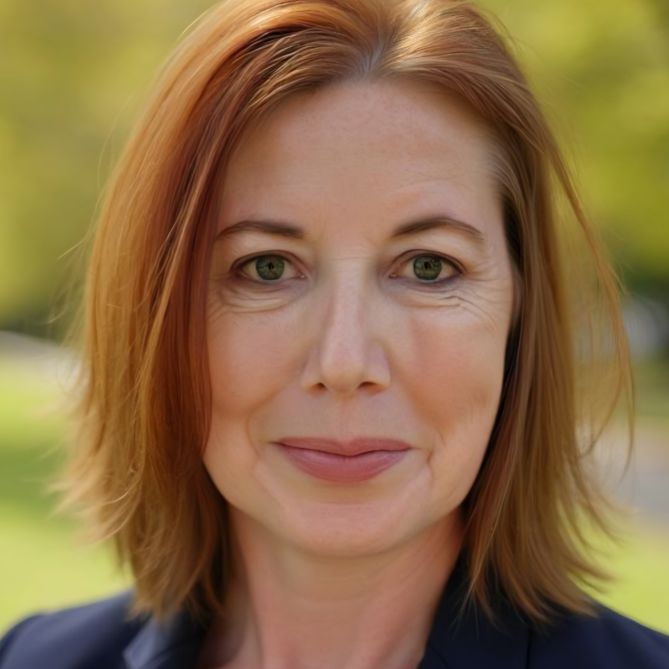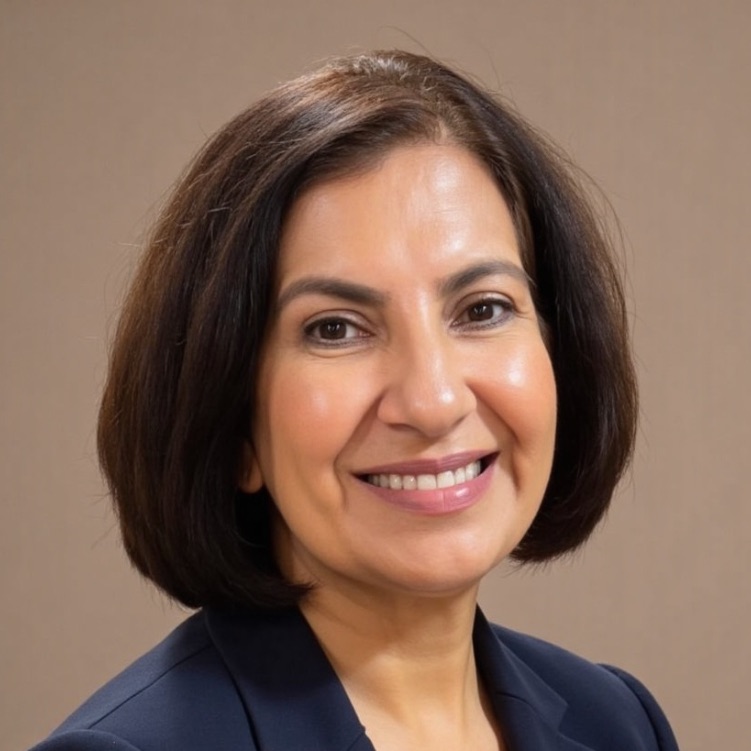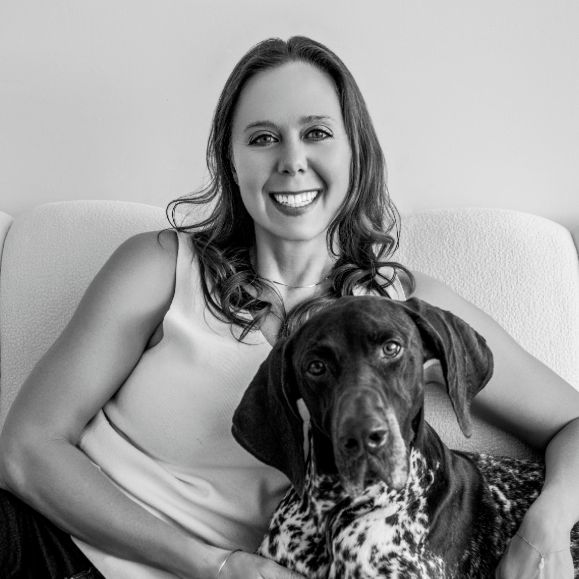What is a learning disability, and how is it different from a general learning difficulty?
A learning disability is a neurologically-based condition that interferes with specific cognitive processes related to learning. People with learning disabilities may struggle with reading, writing, math, or processing information, despite having average or above-average intelligence.
By contrast, a learning difficulty might stem from external factors such as lack of quality instruction, emotional stress, or being new to a language. Learning difficulties are often temporary or situational, while learning disabilities are lifelong but manageable.
An educational therapist helps distinguish between the two and offers individualized strategies for students who need more than just extra practice or tutoring. Therapy for learning disabilities focuses not only on academic skills but also on building confidence, resilience, and executive functioning.
What are the most common types of learning disabilities (e.g., dyslexia, dyscalculia, dysgraphia)?
Learning disabilities are diverse, and no two students experience them the same way. The most well-known types include:
- Dyslexia: A reading-based disorder involving difficulty with decoding, fluency, and spelling. Contrary to popular belief, dyslexia isn’t about seeing letters backward — it’s about how the brain processes language.
- Dyscalculia: A math-based disorder that affects number sense, calculation, and mathematical reasoning. Students with dyscalculia may struggle with memorizing facts, telling time, or understanding quantities.
- Dysgraphia: A writing disorder that impacts handwriting, spelling, and written expression. It may involve poor motor skills or difficulty organizing thoughts on paper.
- Auditory and Visual Processing Disorders: These affect how the brain interprets sounds or visual information, despite normal hearing or vision.
Each of these challenges can be supported through therapy with a qualified educational therapist or learning disability therapist, often using evidence-based interventions tailored to the individual.
What are the early signs that a child might have a learning disability?
Early intervention can make a tremendous difference. Here are some red flags by age group:
Preschool (Ages 3–5)
- Trouble learning the alphabet or basic counting
- Delayed speech or difficulty rhyming
- Poor fine motor skills (e.g., holding a crayon)
Early Elementary (Ages 6–9)
- Avoiding reading aloud or doing homework
- Reversing letters (b/d, p/q) beyond age 7
- Struggling with spelling, reading fluency, or math facts
- Problems following directions or remembering sequences
Later Grades (10+)
- Slow reading or writing despite strong oral skills
- Poor organization, time management, or test performance
- Behavioral issues linked to academic frustration
If these challenges persist despite consistent instruction, it may be time to consult with a learning disability therapist or educational psychologist for evaluation.
How is dyslexia different from other learning disorders?
Dyslexia is one of the most common — and most misunderstood — learning disabilities. It affects the way the brain processes written and spoken language. Individuals with dyslexia may have difficulty decoding words, reading fluently, spelling correctly, or understanding what they read.
Unlike dyscalculia (which affects math) or dysgraphia (which affects writing), dyslexia is a language-based disorder. It can range from mild to severe and often runs in families.
Working with a dyslexia therapist or educational therapist trained in structured literacy approaches (like Orton-Gillingham or Wilson) can make a significant difference. These therapies use multisensory techniques to teach phonics, spelling, and reading comprehension in a way that works with — not against — the dyslexic brain.
Can a child have more than one learning disability at the same time?
Yes, and it’s more common than you might think. A child might have dyslexia and dysgraphia, or dyscalculia along with an auditory processing disorder. These overlapping conditions are referred to as comorbid learning disabilities.
When multiple areas of learning are impacted, the challenges can compound. That’s why comprehensive assessment and therapy for learning disabilities must be individualized. An educational therapist can create an integrated plan that addresses each area of need while also supporting emotional resilience.
Who can diagnose a learning disability, and what tests are used?
Only certain professionals are qualified to diagnose a learning disability, including:
- Clinical or educational psychologists
- Neuropsychologists
- School psychologists
- Learning specialists under supervision of licensed professionals
Common assessments include:
- Psychoeducational evaluation: Compares cognitive ability (IQ) with academic achievement.
- Neuropsychological evaluation: Examines brain-behavior relationships, including memory, attention, and processing.
- Curriculum-based assessments: Used by schools to monitor student progress.
These assessments form the foundation for therapy and accommodations. A diagnosis is often the gateway to working with a learning disability therapist or seeking school-based services.
At what age can learning disabilities be diagnosed reliably?
While early warning signs may appear in preschool, most learning disabilities are reliably diagnosed between ages 6 and 8, when reading, writing, and math skills are formally introduced and measured.
Still, early intervention is crucial. The sooner a child begins targeted instruction with an educational therapist, the better their chances of developing coping strategies and academic confidence. Even without a formal diagnosis, therapy can begin as soon as struggles are apparent.
Can learning disabilities be diagnosed in adults who were never assessed as children?
Absolutely. Many adults with undiagnosed learning disabilities find themselves struggling in college, the workplace, or even in parenting roles. They may have coped well enough through school but face new challenges as expectations grow.
Adult assessment can lead to:
- Official documentation for workplace or educational accommodations
- Validation and emotional relief
- Access to support services and therapy for learning disabilities
Educational therapists often work with adults to improve skills like time management, organization, reading comprehension, and writing. It’s never too late to seek support.
What causes learning disabilities—are they genetic, neurological, or environmental?
Learning disabilities are primarily neurological in origin. They are often inherited, meaning that they run in families. Brain imaging studies show that individuals with dyslexia, for example, process language using different areas of the brain compared to neurotypical readers.
While environmental factors like poor instruction or trauma can affect learning, they do not cause true learning disabilities. However, these factors may make a learning disability more pronounced.
In some cases, prenatal exposure to toxins, birth complications, or early childhood brain injuries may play a role. Regardless of the cause, effective intervention with a learning disability therapist can help individuals succeed.
What types of therapy are available for learning disabilities (e.g., educational therapy, speech therapy)?
Educational Therapy
This is the most comprehensive approach, blending academic remediation with emotional and cognitive support. An educational therapist creates a personalized plan to strengthen academic skills, executive functioning, and self-esteem.
Speech and Language Therapy
Helps students with language-based disorders (like dyslexia or auditory processing disorder) improve communication, comprehension, and verbal memory.
Occupational Therapy
Supports students with dysgraphia or motor skill delays by working on handwriting, coordination, and sensory processing.
Reading Intervention
Programs like Orton-Gillingham, Wilson, and Barton are structured, multisensory, and research-based approaches used by dyslexia therapists and educational therapists alike.
Working with a team of specialists ensures that all aspects of the learning disability are addressed through targeted, compassionate care.
Is there a cure for learning disabilities, or are they lifelong conditions?
There is no “cure” for a learning disability — but there are many ways to manage and succeed with one. With the right combination of therapy, strategies, and accommodations, people with learning disabilities can thrive in school, work, and life.
An educational therapist helps students leverage their strengths, compensate for challenges, and build confidence. Many individuals with learning disabilities become successful professionals, artists, entrepreneurs, and leaders — often drawing on their unique way of thinking as a strength.
How can schools support students with learning disabilities (e.g., IEPs, 504 plans)?
Public schools in the U.S. offer legal protections and structured supports for students with diagnosed learning disabilities:
- IEP (Individualized Education Program): A formal, customized plan for students eligible under special education laws. Includes goals, services, and accommodations.
- 504 Plan: Provides accommodations (like extra time or audiobooks) for students who don’t qualify for special education but still need support.
An educational therapist can collaborate with schools, advocate for appropriate services, and help parents navigate the process. The goal is a team approach to help each student succeed.
What are the emotional and social impacts of having a learning disability?
Students with learning disabilities often face more than just academic challenges. The emotional toll can include:
- Low self-esteem
- Anxiety about school or performance
- Social withdrawal
- Frustration or anger
- Feelings of being “stupid” or “broken”
That’s why therapy for learning disabilities includes emotional support and confidence-building. Educational therapists help students recognize their strengths, develop resilience, and advocate for themselves. Peer support groups or therapy can also be helpful for older students.
How can parents or caregivers best support a child with a learning disability at home?
Your role is critical — and powerful. Here’s how you can help:
- Create structure: Consistent routines reduce anxiety and improve focus.
- Use assistive technology: Tools like text-to-speech or audiobooks can level the playing field.
- Encourage effort, not just outcomes: Praise persistence and problem-solving.
- Stay involved: Communicate with teachers, therapists, and support staff.
- Model self-advocacy: Teach your child how to speak up for what they need.
Most importantly, show unconditional belief in their potential. Partnering with a learning disability therapist gives your child even more support outside the classroom.
Can people with learning disabilities succeed in college or in professional careers?
Absolutely. Many people with learning disabilities go on to attend top universities, start businesses, and lead fulfilling careers. With the right strategies, accommodations, and support, success is not only possible — it’s likely.
Colleges offer resources like disability services, extended test time, note-taking assistance, and academic coaching. In the workplace, individuals can receive accommodations under the ADA.
An educational therapist can support students through college applications, transition planning, study skills, and career coaching. Learning differently doesn’t mean learning less — just learning in a way that fits.
A learning disability doesn’t define a person — but understanding it can transform their path forward. Whether you’re a concerned parent or an adult seeking answers, working with an educational therapist can unlock potential and rebuild confidence.
From dyslexia therapists to school-based support to lifelong strategies, therapy for learning disabilities is a powerful, personalized journey. And the sooner it starts, the more freedom and joy learning can bring.













